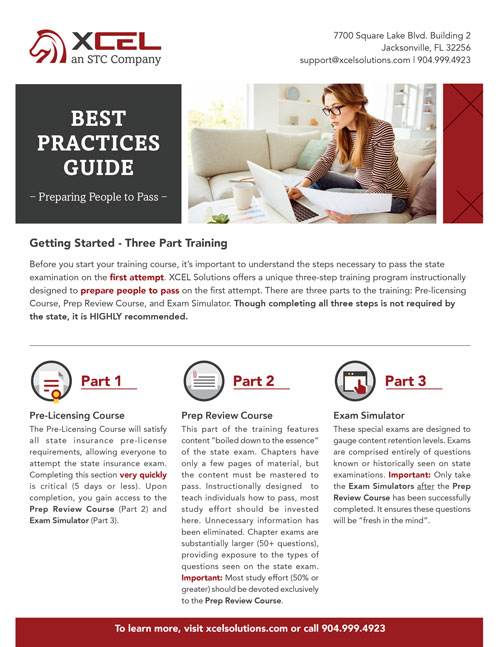Reviewing insurance is like servicing your car — it’s something you should do on a regular basis to check in with your clients, evaluate cost-saving options, and provide good customer service. The problem is, most people don’t review their insurance policies at all. They still pay for policies from years ago and never shop around for the best deals. As an insurance agent, it’s your job to convince clients to examine their current policies and take out extra protection when needed. Here are some examples of when your clients should review their insurance.
1. Your Client is About to Make a Large Purchase
Large purchases, like a home or car, almost always require insurance. It provides your clients with a financial safeguard — peace of mind in the event of an emergency. Explain to your clients that the right insurance products protect them against theft, vandalism, fire, and other hazards.
Other purchases require insurance, too. Musical instruments, antiques, expensive electronics — insurance can cover all of these things and more.
Your clients might not see the value in reviewing their insurance policies, but this simple step could save them money in the future. Take comprehensive auto insurance, for example.
“Could you afford to buy another car like the one you had if yours was stolen and not recovered?” asks insurance expert Amy Danise, writing for Forbes magazine. “If the answer is no, you should probably have comprehensive coverage.”
2. Your Client’s Circumstances Have Changed
Life changes can influence insurance policies significantly. If a client has a serious accident or injury, for example, it could impact his or her life insurance policy. This is why it’s important for your clients to evaluate their insurance on a regular basis. If a client’s circumstances have changed, it’s time for an insurance review.
Most insurers require people to inform them of any life changes that could affect their policies. However, many of your clients won’t bother as they think it’s too complicated. This couldn’t be further from the truth. As an insurance agent, you can simplify this process, help your clients find the best deals, and build trust. Insurance companies will be more than willing to help you, too.
“Insurers want to keep your business, so they go out of their way to make the process of changing your coverage as simple as can be,” says The Balance.
Not only could clients save money when they review their insurance, but they will be thankful that you have found them the best deals. As a result, they are more likely to use your services again in the future.
3. Your Client’s Income Has Changed
Changes in income can also influence insurance policies, and a new job or promotion can be a great time for an insurance review. This is your opportunity to upsell new products that might benefit your client in the future. Continuing education can help you brush up on your insurance-selling skills.
If your client now has more disposable income, for example, you might want to explain the benefits of investing in a life insurance policy.
Alternatively, if your client has lost his or her job, it might be time to review their insurance and scale back on insurance.
These are just three examples of when one of your clients might need an insurance review. As an agent, it’s important to illustrate the benefits of reviewing and changing insurance policies on a regular basis.




